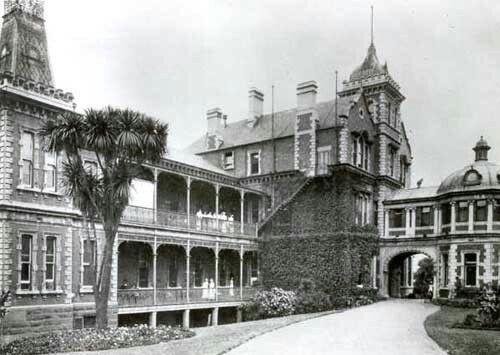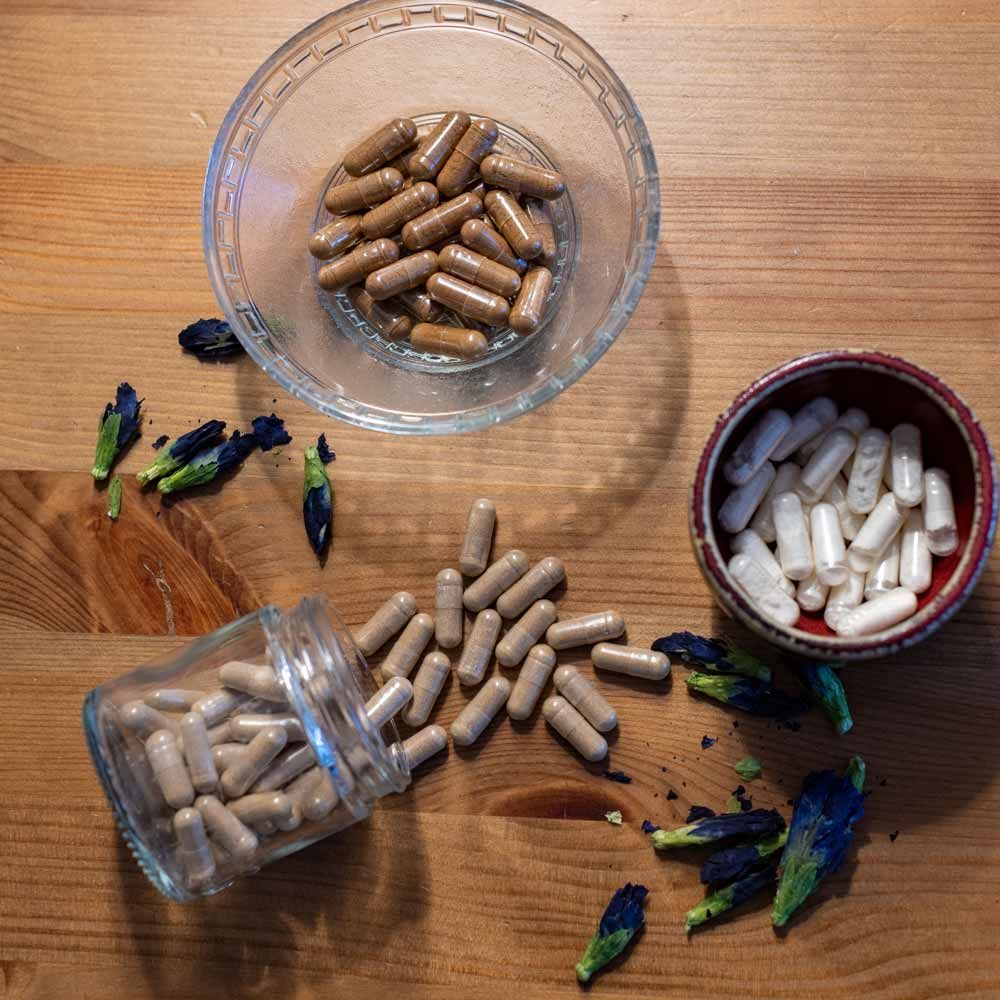Bringing Health Back Into The Home
Bringing Health Back Into The Home
In today's fast-paced world, it's easy to lose sight of the importance of living a healthy lifestyle. So much emphasis is placed on work deadlines, family obligations and social activities that self-care often falls by the wayside. However, with the rise of chronic illnesses like heart disease, diabetes and cancer, it's essential that we prioritise our health and wellness. The good news is that you don't have to do it alone. By incorporating natural health supplements and foods into your diet, you can boost your immune system and support overall wellbeing. In this blog post, we'll explore how to bring health back into the home and lead a happier, healthier life.
1. Start with Superfoods
One of the simplest ways to start your journey towards a healthier lifestyle is by incorporating superfoods into your diet. These are whole foods that are packed with essential nutrients, vitamins and minerals. Some of the most popular superfoods include blueberries, kale, spinach, quinoa and salmon. By including these foods in your meals or as snacks throughout the day, you'll provide your body with the nutrients it needs to function optimally.
2. Add Natural Health Supplements
Another effective way to boost your immune system and support overall health is by adding natural health supplements into your daily routine. This can include nutritional supplements like vitamins and minerals, herbal remedies and probiotics. The benefit of natural health supplements is that they provide targeted support to specific areas of your body, depending on your needs. For example, if you struggle with digestion issues, a probiotic supplement can help to improve gut health and support a healthy immune system.
3. Opt for Organic and Non-Toxic Products
When it comes to skincare, household cleaning products and even food, it's essential to choose organic and non-toxic options. Many conventional products contain harmful chemicals that can have a negative impact on your health, wellbeing and the environment. By opting for organic and non-toxic products, you'll reduce your exposure to harmful chemicals and support sustainable, ethical practices.
4. Make Sleep a Priority
Sleep is one of the most critical components of a healthy lifestyle. It's during sleep that the body repairs and regenerates, which is why it's crucial to get enough quality shut eye each night. Aim for at least seven to eight hours of sleep per night and create a sleep-friendly environment in your bedroom. This can include reducing noise and light levels, avoiding electronics before bed and maintaining a comfortable temperature.
5. Get Moving
Finally, regular exercise is a vital aspect of a healthy lifestyle. Not only does it improve physical health, but it can also boost mental wellbeing and reduce stress levels. Find an exercise routine that works for you—whether it's running, swimming, yoga or weightlifting.
Bringing health back into the home is a process that takes time, effort and commitment. However, by incorporating natural health supplements and foods into your diet, opting for organic and non-toxic products, making sleep a priority and getting regular exercise, you'll be well on your way to a happier, healthier life. Remember, small changes can lead to big results, so take it one step at a time and stay committed to your health and wellness.











